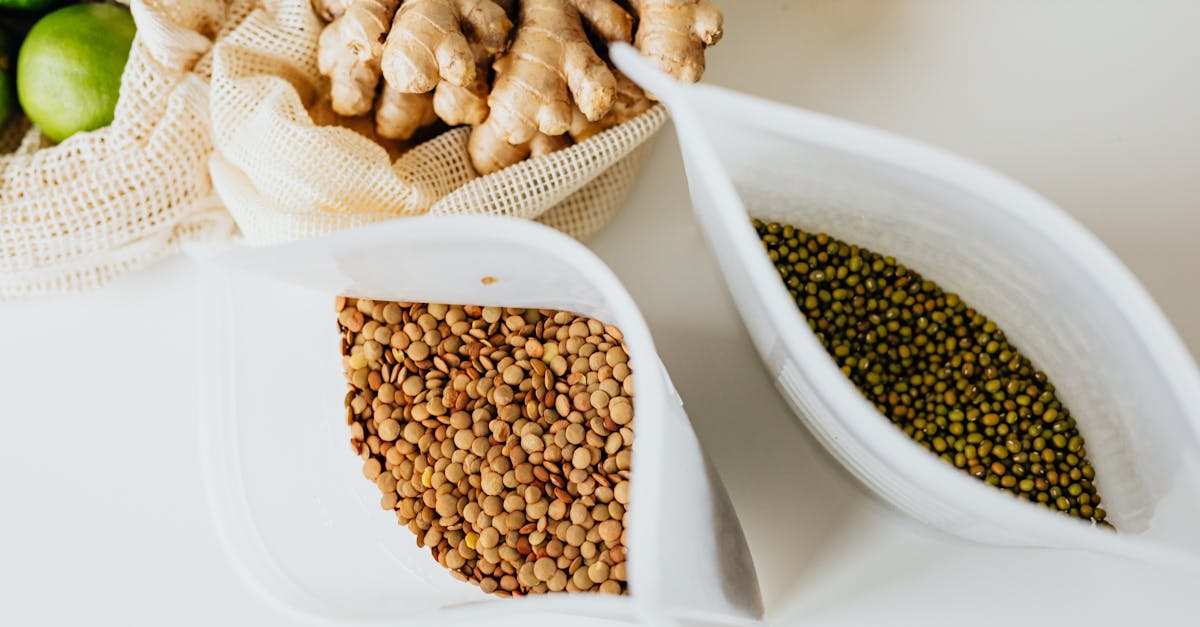How to Reduce Bloating Naturally
The Uncomfortable Truth About Bloating
Bloating is a common digestive issue that many people experience, characterized by a feeling of fullness, tightness, or swelling in the abdomen. It can be caused by a variety of factors, including diet, lifestyle, and underlying digestive disorders. Although not usually dangerous, bloating can cause discomfort and affect daily life. Fortunately, there are several natural ways to reduce bloating and improve digestive health. Understanding these methods can not only provide relief but also enhance your overall wellbeing. This article will explore the effective natural remedies and lifestyle changes that can help you beat the bloat.
Advertisement
Maintain a Balanced Diet
One of the most critical steps in preventing bloating is maintaining a balanced diet rich in whole foods. Avoid processed foods, which often contain high levels of sodium and artificial additives that contribute to water retention and bloating. Incorporate fiber-rich foods, such as fruits, vegetables, and whole grains, which promote bowel regularity and prevent constipation. However, it’s essential to increase fiber gradually, as a sudden uptick can actually worsen bloating. Opt for foods rich in probiotics, like yogurt and kefir, to support gut health and digestion.
Advertisement
Stay Hydrated Wisely
Water is vital for digestion, and staying adequately hydrated can prevent bloating. Water helps break down food and ensures the smooth passage of nutrients through the digestive tract. Consuming warm water with lemon first thing in the morning can stimulate the digestive system and reduce bloating. However, it's important to avoid excessive consumption of fizzy drinks, which can introduce gas into your digestive system. Herbal teas such as peppermint or ginger tea can also aid digestion and alleviate bloating.
Advertisement
Mindful Eating Habits
Adopting mindful eating habits can significantly reduce bloating. Eating slowly allows your body adequate time to signal fullness, preventing overeating, which contributes to bloating. Chewing thoroughly helps in the breakdown of food, facilitating easier digestion and less gas production. Avoid talking while eating, as it can cause you to swallow extra air, leading to bloating. Establish regular eating patterns to maintain digestive rhythm and avoid snacking on the go, which often results in hasty consumption of food.
Advertisement
Exercise and Movement
Regular physical activity aids digestion and alleviates bloating by promoting intestinal motility. Incorporate light exercises like walking, yoga, or cycling, which help release gas from the digestive tract and prevent it from being trapped. Yoga poses such as twists and bends naturally massage the organs and can relieve gas and bloating. Adding stretching exercises to your routine can enhance circulation in your abdomen and stimulate the digestive process. Exercise not only helps with bloating but also improves overall health and mood.
Advertisement
Consider Natural Supplements
Certain natural supplements can provide relief from bloating by enhancing digestion and reducing gas production. Digestive enzymes can assist in breaking down food components that are difficult to digest, such as lactose. Consider taking probiotics, which introduce beneficial bacteria to your gut, promoting a balanced microbiome. Supplements like peppermint oil have shown effectiveness in relaxing gastrointestinal muscles, allowing gas to pass through more easily. Always consult a healthcare provider before introducing new supplements into your routine.
Advertisement
Manage Stress Levels
Stress can significantly impact your digestive system, often leading to symptoms like bloating. Practices like meditation, deep-breathing exercises, and yoga can reduce stress and its accompanying digestive issues. Periodic breaks and leisure activities can provide relaxation, promoting better digestion. It's essential to recognize stress triggers and address them proactively to prevent them from affecting your digestive health. The connection between emotional wellbeing and digestion underscores the importance of a holistic approach to managing bloating.
Advertisement
Home Remedies and Lifestyle Changes
There are several home remedies and lifestyle changes you can employ for immediate relief from bloating. Warm baths and compresses can soothe the abdominal area, releasing trapped gas. Apple cider vinegar, when consumed in modest quantities, may assist digestion by increasing the stomach's acid content. Resting in a fetal position can help release gas and alleviate discomfort. Additionally, avoiding chewing gum can prevent the ingestion of excess air, reducing bloating.
Advertisement
Identify and Eliminate Triggers
Identifying specific food intolerances or sensitivities can be life-changing in managing bloating. Common culprits include dairy, gluten, and certain high FODMAP foods that are challenging for some to digest. Keeping a food diary can help reveal patterns in your diet that lead to bloating. Once identified, eliminating or minimizing these triggers can result in improved digestive health and reduced bloating occurrences. Consulting with a nutritionist can provide personalized guidance based on your individual dietary needs.
Advertisement
Conclusion - The Path to a Bloat-Free Life
Battling bloating requires understanding the diverse factors that contribute to it and taking proactive steps to address them. From making dietary adjustments to incorporating mindful eating and regular exercise, these natural strategies can help mitigate bloating and discomfort. Emphasizing holistic health, these approaches improve not only digestive well-being but overall quality of life. While occasional bloating is normal, persistent symptoms may warrant a consultation with a healthcare professional. By embracing a healthy lifestyle, one can minimize bloating and enjoy a comfortable, energized life.
Advertisement


